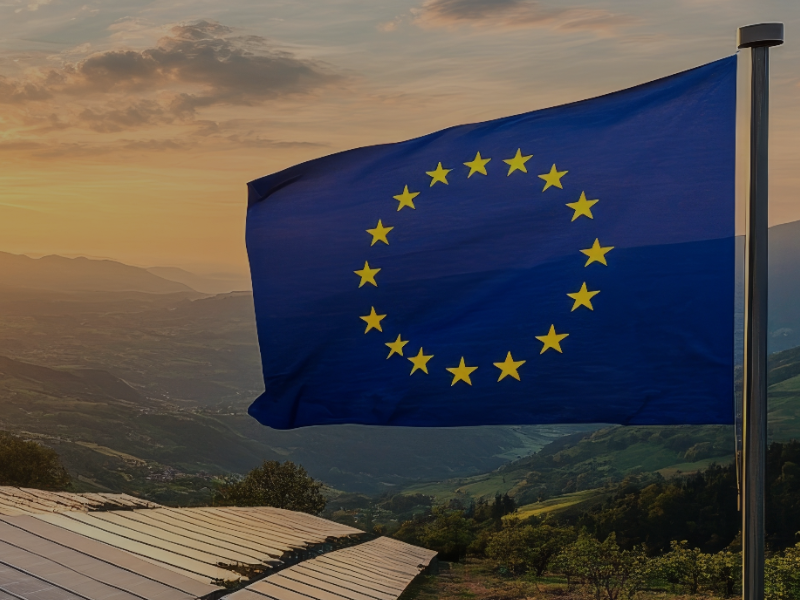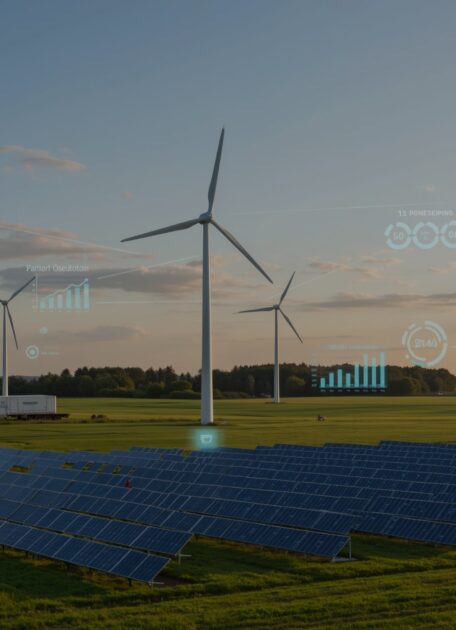

Sustainability Regulations
Elevate your organization’s sustainability compliance through strategic procurement
As regulatory demands intensify, procurement becomes essential in driving sustainable practices that align with EU standards, ensuring both compliance and competitive advantage. Leverage expert insights to effectively manage sustainable procurement and regulatory adherence complexities.
At a time when sustainability is no longer just a buzzword but a global imperative, companies must increasingly navigate a complex landscape of sustainability policy regulations. These regulations, which aim to reduce environmental impact and promote social responsibility, are changing industries fundamentally.
At the heart of this compliance journey is procurement, which can make or break a company’s sustainability efforts like no other department. Understanding the interplay between procurement practices and regulatory compliance is critical for companies looking to achieve their sustainability goals while maintaining their competitive advantage.
This page will guide you to the following:
- Procurement’s central role: procurement is vital in aligning company operations with sustainability regulations, impacting environmental and social outcomes
- Regulatory impact: highlights specific EU regulations (CBAM, EUDR, CS3D) and their implications for procurement processes
- Expert guidance: offers expertise to navigate the complexities of sustainable procurement and regulatory compliance
Tailored Recommendations for Navigating Sustainability Regulations
To effectively align with evolving sustainability regulations, companies must create a comprehensive performance plan that integrates cost control; Environmental, Social and Governance (ESG) engagement, and enhanced organizational resilience. This plan should be cross-functional, ensuring collaboration across departments to meet the multifaceted demands of these new regulations.
Procurement departments need to take an independent and proactive approach to adapt to the new sustainability measures. This involves updating procurement data, enhancing supply chain transparency, and developing a decision matrix guided by the ‘principle of double materiality.’ By taking the initiative, procurement teams can avoid potential disadvantages under the evolving regulatory framework.
To streamline efforts and reduce the costs associated with compliance, companies must ensure that their sustainability measures are compatible with all directives relevant to them (e.g. CSDDD and CSRD). This combined compliance strategy will help minimize redundant efforts and align with regulations efficiently.
To stay ahead of new sustainability requirements, companies must actively engage in collecting and monitoring data on their suppliers. This proactive approach will enable organizations to meet stringent regulatory criteria and adjust their strategies in real-time, ensuring continuous compliance and competitive advantage.
Find Out About the Different Regulations relevant for Procurement




Further Insights




